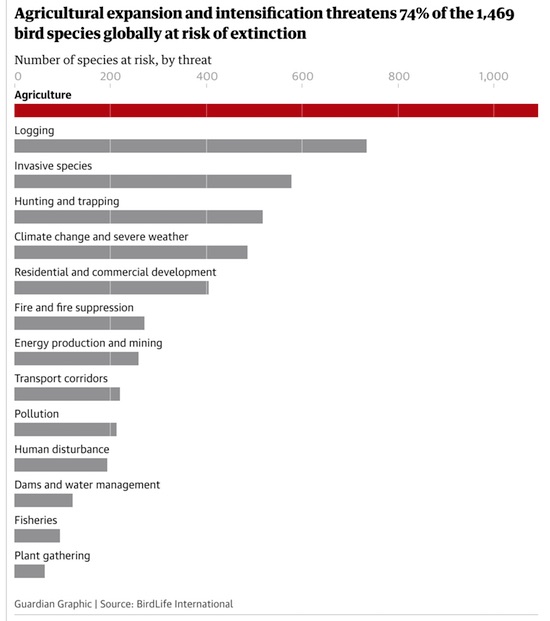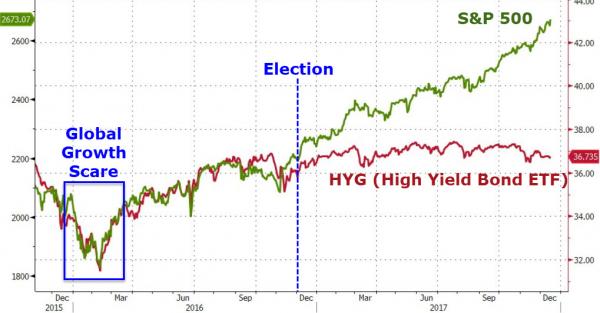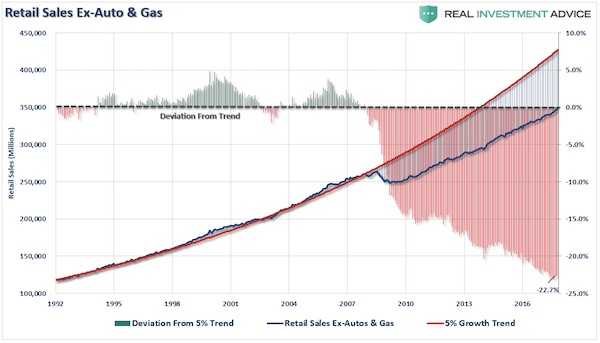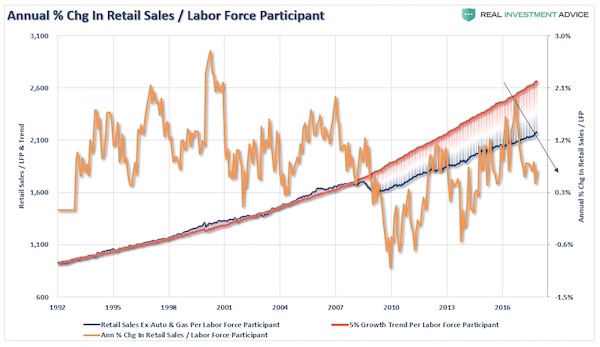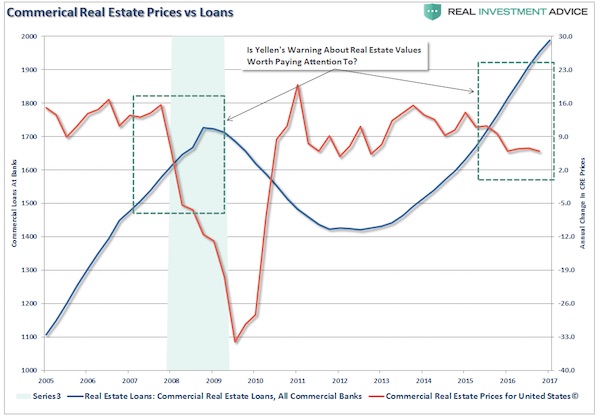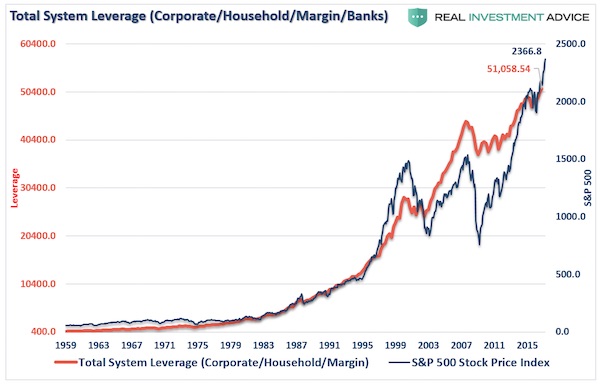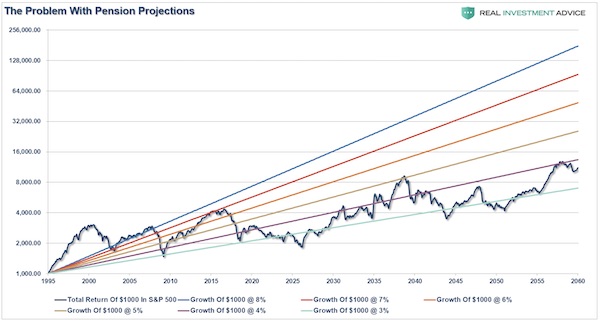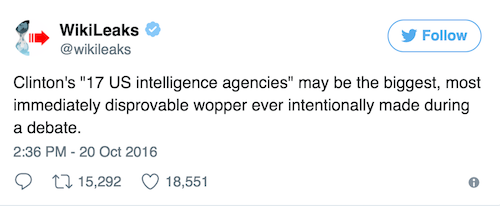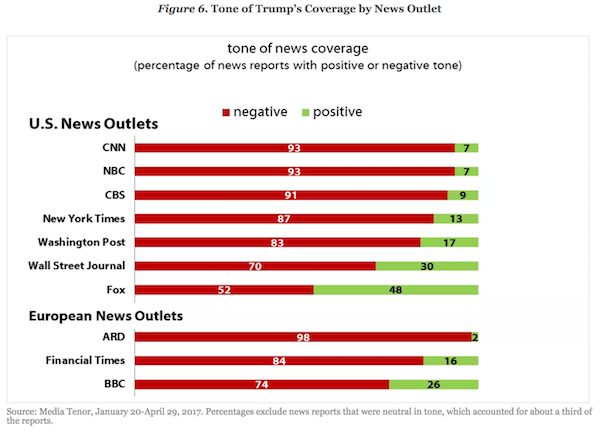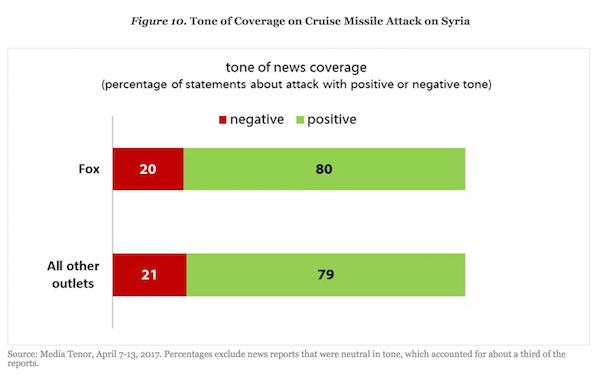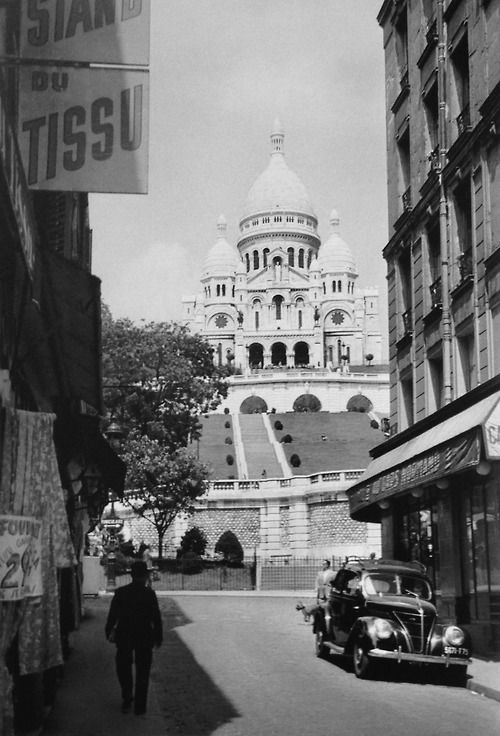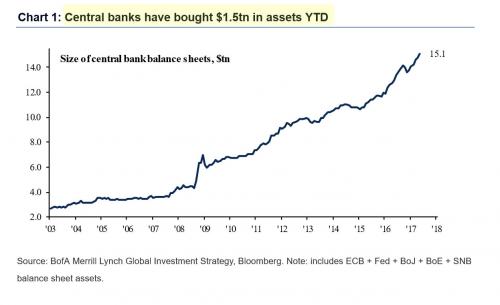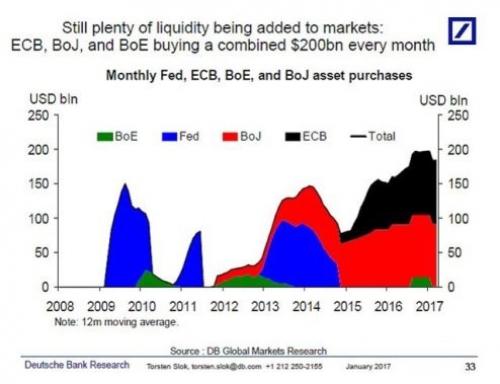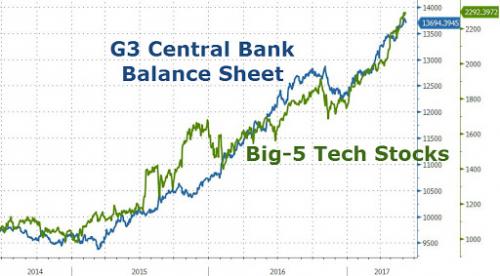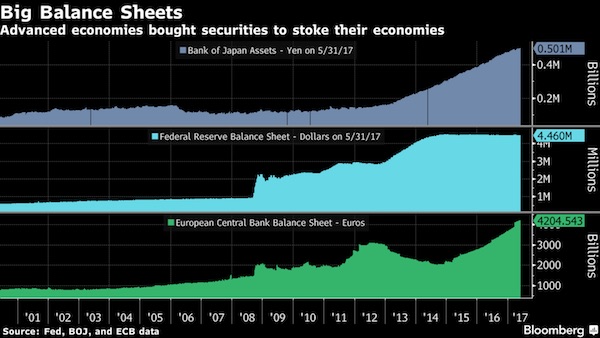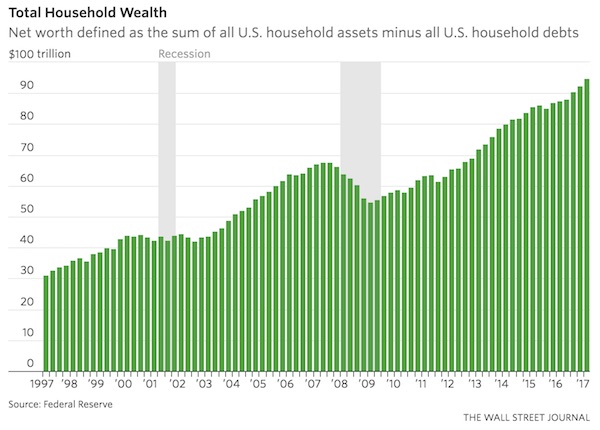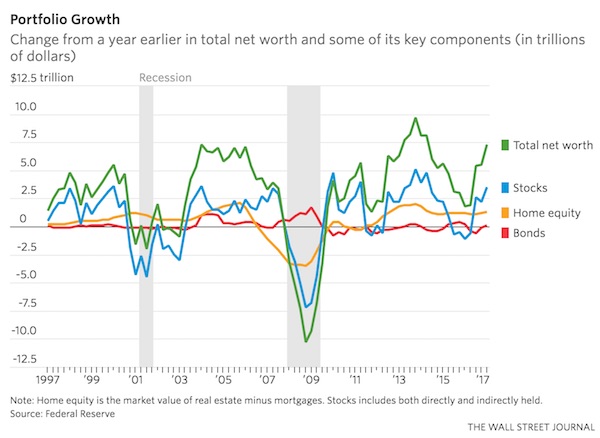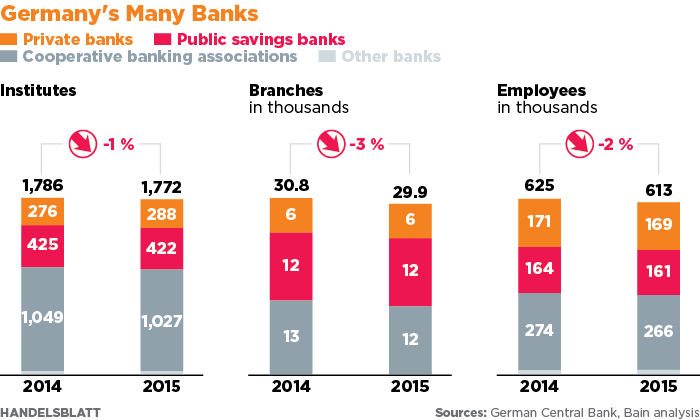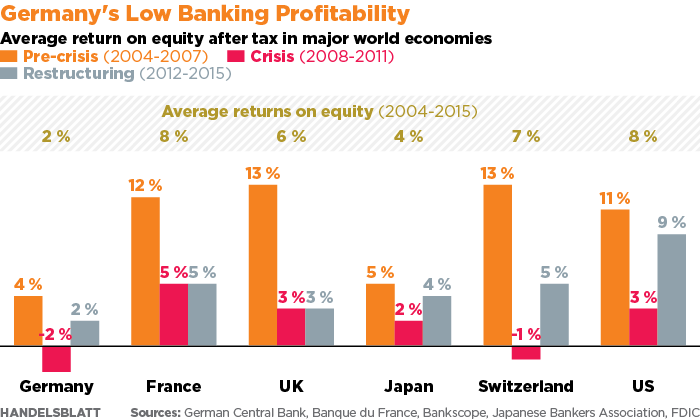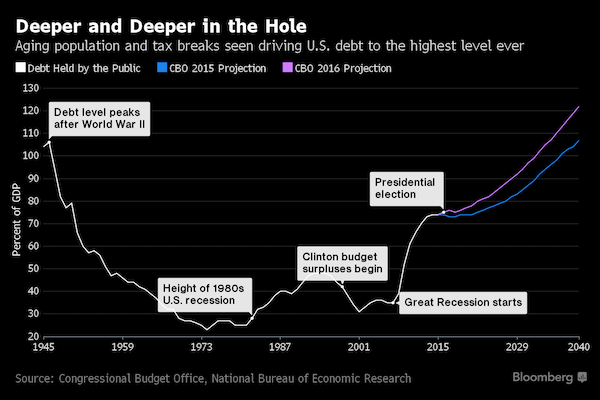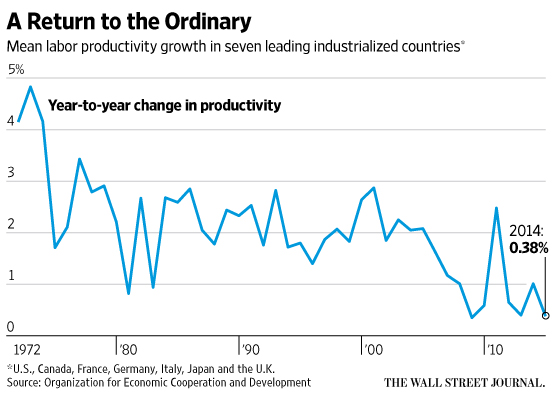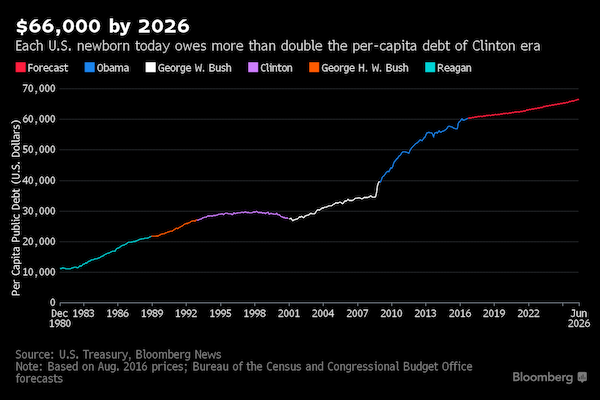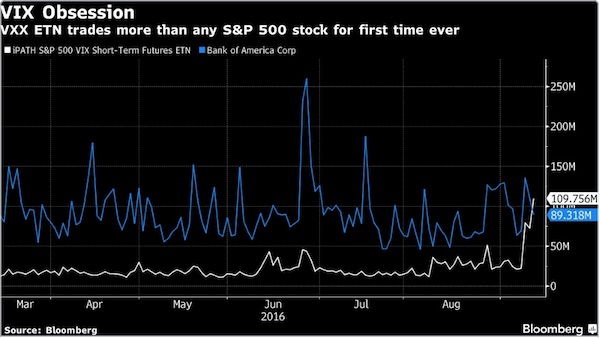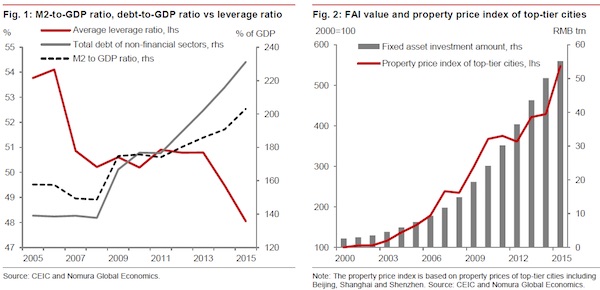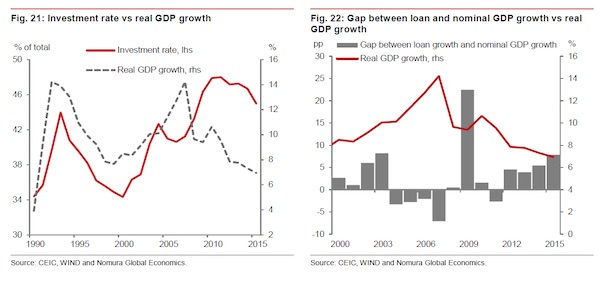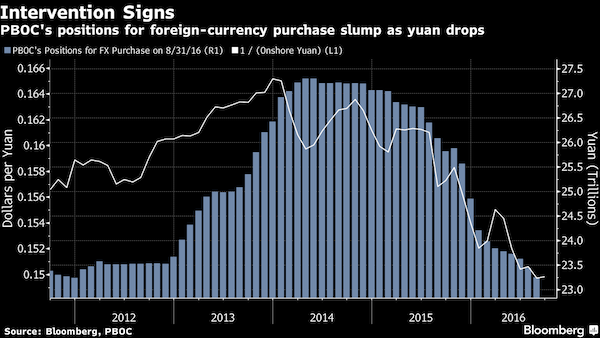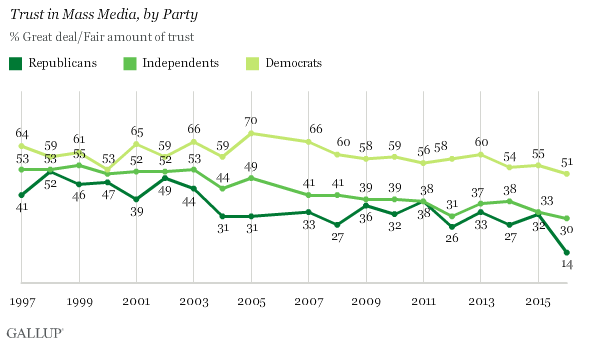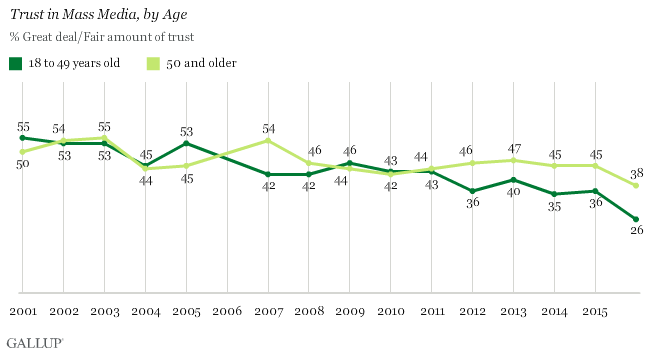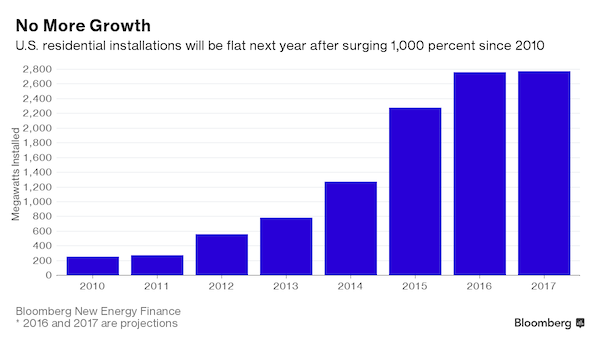
Russell Lee Highway tavern. Crystal City, Texas 1939

Does Google think it can win this?
• A Google Breakup Would Fit the EU’s Logic (BBG)
On Thursday, the European Parliament backed the idea of breaking up Google. It doesn’t have the power to do it, but the legislators’ decision is a notable part of a backlash against the remedial action Google took after the European Commission fined it 2.4 billion euros ($2.95 billion) for abusing its dominant position in shopping search. That backlash can lead to dire consequences for the search giant. The commission found last June that by giving its own product comparison service, Google Shopping, prime “real estate” at the top search result pages, Google was hampering competition for independent shopping comparison websites. The company’s remedy is to hold auctions for spaces in the special box in which comparison results appear if a user searches for a product to buy.
Google Shopping bids in these auctions on the same terms as its rivals, and Google has promised to keep the service profitable so it can’t outbid the competition every time with the company’s vastly superior resources. Yet, months after the remedy was applied, it’s next to impossible to run into a non-Google offer in that box. The original complainants, notably the U.K. firm Foundem, have been campaigning to have Google declared non-compliant. Foundem’s argument is laid out in an interactive presentation released on April 18. The British company argues that even though Google claims to run Google Shopping at arm’s length, it’s merely an obfuscation, a meaningless accounting arrangement. In reality, Google as a whole still harvests 100% of the profit from the ads in runs after winning auctions – plus 80% of the profits from competing services’ ads in the form of their winning bids.
“While Google’s promise to run Google Shopping at a notional ‘profit’ may allow rival services to bid their way into ‘the box,’ it does nothing to address the seismic inequality between bids that cost you nothing and bids that cost you most of your incentive and ability to innovate and grow,” Foundem wrote in the presentation. The annual report on competition policy from the European Parliament’s Committee on Economic and Monetary Affairs, which the legislature approved on Thursday, shows that at least some in the “Brussels bubble” that rules the EU are receptive to Foundem’s argument. “Without a full-blown structural separation between the company’s general and specialised search services, an auction-based approach might not deliver equal treatment,” the report says.
[..] If Google is declared non-compliant, its parent company, Alphabet Inc., can be forced to pay up to 5 percent of its daily turnover for every day that it has violated the commission’s ruling, meaning, theoretically, since last September. Taking Alphabet’s average daily revenue in the fourth quarter of 2017 as a base, that’s about $17.6 million a day for seven months and counting. This could end up being worse than the original fine, which Google is appealing. Even a breakup could be preferable to paying this sort of penalty for a protracted period.

The mess spreads.
• Customs Union U-Turn By May Could Inspire Brexiter Cabinet Revolt (G.)
Theresa May could face a cabinet revolt on a customs union as peers prepare to inflict more defeats on the government over the EU withdrawal bill in a key week for the future of the UK’s relations with Europe. Amid Brexiter threats of a leadership challenge, the former cabinet minister Nicky Morgan, who chairs the Treasury committee, said party rebels should be careful what they wished for. “This sabre-rattling is not coming from the section of the party that I represent. It is coming from the pro-Brexit section of the party and is deeply unhelpful,” she said. Government hopes of avoiding a hard border in Ireland either through technological innovation or regulatory alignment have been set back after they were rejected during preliminary negotiations in Brussels.
That has led to speculation that May is preparing to concede on a customs union, which has been a red line since the prime minister’s conference speech in October 2016. Reports over the weekend suggested a “wargaming” exercise into the consequences of a concession showed that not even leading Brexiters such as Michael Gove, the environment secretary, or Boris Johnson, the foreign secretary, would resign. But a source close to Gove reiterated his opposition: “Michael believes respecting the referendum result means taking back control of trade policy. He fully supports the prime minister’s position that this means leaving the customs union.” Although the loss of other pledges in negotiations have been reluctantly accepted, such as the promise to reclaim control over fishing quotas from March 2019, accepting continued membership of a customs union would be of a different and much larger scale.

Superiority complex writ large
• The Windrush Story Was Not A Rosy One Even Before The Ship Arrived (G.)
This is a year so overflowing with anniversaries that it was perhaps always going to draw our attention to the histories of race and migration in Britain. June marks the 70th anniversary of the arrival of the Empire Windrush at Tilbury Docks, carrying 492 West Indians who were looking to rewrite their fortunes in a Britain desperate for labour. The Windrush is now so much part of British history that almost instantly it became the shorthand used to describe the generation of black Britons whose plight has so shocked the country.
Friday 20 April was an anniversary of a darker kind, 50 years since Enoch Powell delivered his “rivers of blood” speech. That toxic diatribe, with its unsubtle references to “piccaninnies” and the “whip hand”, remains politically radioactive half a century later, as Radio 4 discovered last weekend when it broadcast the speech in an anniversary documentary. Today is the sombre anniversary of the murder of Stephen Lawrence, 25 years ago.
But there is another 2018 anniversary that, until last week, might well had passed by quietly, hardly noticed. This year marks 70 years since the passing of the 1948 British Nationality Act, which was being debated while the Windrush was crossing the Atlantic; gaining royal ascent in July 1948, as the Windrush pioneers were settling into their new jobs. Although now obscure, it was a law that Powell once referred to as “that most evil statute”. Much of what has happened over the past week can be traced back to that forgotten but critical piece of legislation. The act was intended to reaffirm what many in the late 1940s regarded as a “time-honoured principle”, the doctrine that all British subjects should have the automatic right to travel to and settle in the United Kingdom.
[..] Even before the Windrush had left Jamaica, the prime minister, Clement Attlee, had examined the possibility of preventing its embarkation or diverting the ship and the migrants on board to East Africa. After the vessel had arrived at Tilbury, the colonial secretary, Arthur Creech Jones, is said to have reassured his cabinet colleagues that, although “these people have British passports and must be allowed to land there’s nothing to worry about because they won’t last one winter in England” (detailed in Randall Hansen’s book Citizenship and Immigration in Post-War Britain). When that prediction was proved false, ministers began to consider how they might revoke the commitments enshrined in the 1948 act.
What followed was a two decade-long political struggle to change Britain’s immigration law and reduce the flow of immigrants from the so-called New Commonwealth. This is the other side of the Windrush story. In 1971, a new immigration act finally achieved that aim and stemmed the flow of migrants from the New Commonwealth. The same law granted those who had already arrived indefinite leave to remain. That would have been the end of the story, had not, in 2013, those thousands been pushed into Theresa May’s “hostile environment”. The current crisis is a relic left by the political struggle to row back from the commitments made in the 1948 act.

Competition for the title is stiff.
• Britain, Headquarters Of Fraud (G.)
Officials get fed up with accusations that Britain is a cesspool of dirty money; that they do too little to check the wealth hidden behind shell corporations. They grouse among themselves that their critics overlook the work they’re doing to expose the money flows and to drive out the corrupt. When they do get a win, therefore, they trumpet it. Last month, Companies House successfully prosecuted someone who had lied in setting up a company, the kind of white-collar crime committed by the sophisticated fraudsters who fleece ordinary Brits every day, and the government went large. “This prosecution – the first of its kind in the UK – shows the government will come down hard on people who knowingly break the law and file false information on the company register,” crowed business minister, Andrew Griffiths, in a press release.
A Warwickshire businessman called Kevin Brewer had pleaded guilty, paid a fine and the government’s costs: a total of more than £12,000. His crime had been to falsely claim that two companies he created belonged, in one case, to the MP Vince Cable, and, in the other, to the MP James Cleverly, Lady Neville-Rolfe and an imaginary Israeli. At first, the public response to the news was everything the press release’s authors could have hoped for. The Times splashed with the details of the crime – the government was tough on fraud, tough on the causes of fraud. But the victory was short-lived.
Within a month of the triumphant press release, Tory MP John Penrose, the government’s anti-corruption champion, was slamming the prosecution as “a bone-headed exercise in shooting the messenger”. Brewer may have been, by his own admission, naive, but he was trying to expose a flaw in British regulations that enables frauds totalling hundreds of billions of pounds. His reward was years of being ignored and, finally, a criminal record. “That has to be wrong,” said Penrose.

Can we check this?
• China Q1 Imports From North Korea Fall 87% Year-On-Year (R.)
China’s imports from North Korea fell 87% in the first quarter from a year earlier to 448.8 million yuan ($71.31 million), customs data showed on Monday, while exports to North Korea were down 46.1% to 2.68 billion yuan. For March, China’s exports to North Korea were 907.54 million yuan while imports from North Korea were 78.5 million yuan. China’s March total trade with North Korea was 986.07 million yuan, customs data showed.

Cue protectionism.
• How China Is Buying Its Way Into Europe (BBG)
For more than a decade, Chinese political and corporate leaders have been scouring the globe with seemingly bottomless wallets in hand. From Asia to Africa, the U.S. and Latin America, the results are hard to ignore as China has asserted itself as an emerging world power. Less well known is China’s diffuse but expanding footprint in Europe. Bloomberg has crunched the numbers to compile the most comprehensive audit to date of China’s presence in Europe. It shows that China has bought or invested in assets amounting to at least $318 billion over the past 10 years. The continent saw roughly 45% more China-related activity than the U.S. during this period, in dollar terms, according to available data.
The volume and nature of some of these investments, from critical infrastructure in eastern and southern Europe to high-tech companies in the west, have raised a red flag at the EU level. Leaders that include Angela Merkel and Emmanuel Macron are pressing for a common strategy to handle China’s relentless advance into Europe, with some opposition from the EU’s periphery. We analyzed data for 678 completed or pending deals in 30 countries since 2008 for which financial terms were released, and found that Chinese state-backed and private companies have been involved in deals worth at least $255 billion across the European continent. Approximately 360 companies have been taken over, from Italian tire maker Pirelli to Irish aircraft leasing company Avolon, while Chinese entities also partially or wholly own at least four airports, six seaports, wind farms in at least nine countries and 13 professional soccer teams.
Importantly, the available figures underestimate the true size and scope of China’s ambitions in Europe. They notably exclude 355 mergers, investments and joint ventures—the primary types of deals examined here—for which terms were not disclosed. Bloomberg estimates or reporting on a dozen of the higher-profile deals among this group suggest an additional total value of $13.3 billion. Also not included: greenfield developments or stock-market operations totaling at least $40 billion, as compiled by researchers at the American Enterprise Institute and the European Council on Foreign Relations, plus a $9 billion stake in Mercedes-Benz parent company Daimler AG by Zhejiang Geely chairman Li Shufu reported by Bloomberg.
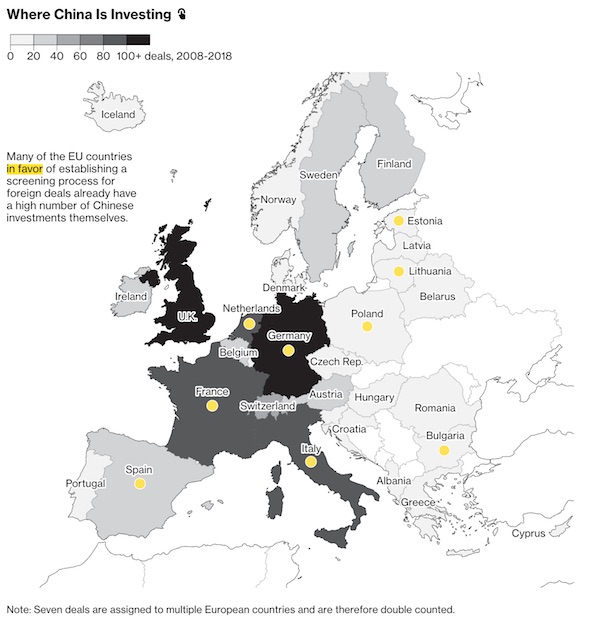

Anbang was just the start.
• China Factory Crackdown Masks Sweeping Takeover By The State (BBG)
President Xi Jinping’s big push to curb pollution and excess capacity in steel and other industries is also consolidating his government’s control over them. Just last year, the state’s share of steel capacity increased to 67% from 60% while aluminum smelting saw about an equal increase, J Capital Research estimates. In coal, which began consolidating years earlier, the government now controls 80% of capacity compared with about 45% in 2010, according to the Hong Kong-based firm. Xi’s campaign has boosted corporate profits, ended years of deflation, and stabilized debt growth to help underpin the first full-year economic acceleration last year since 2010.
But his aim for a “bigger, better and stronger” state role also means those bloated companies risk stifling private ones, as the Communist Party strengthens its grip on the economy. Call it “de facto nationalization,” says Jude Blanchette, China practice lead at Crumpton Group in Arlington, Virginia, and a former Conference Board researcher in Beijing. “We’re clearly seeing the re-strengthening of state-owned enterprises, oftentimes at the zero-sum expense of private players. Private folks are exiting the market either because they’re pushed out or they can’t survive.” State gains in heavy industry follow a broad SOE comeback since Xi took power in 2013. Their share of fixed-asset investment stopped falling in 2014 and rebounded over the next three years, says Andrew Batson at Gavekal Dragonomics.
The state is also extending control over the private sector away from heavy industry as it cracks down on debt. Once-acquisitive insurer Anbang Insurance was seized by the government, and regulators have curtailed the activities of conglomerates including Dalian Wanda and HNA. Such consolidation may spur blowback from the U.S. and other countries. President Donald Trump already brands China a strategic rival, slapping tariffs on its goods and criticizing industrial policy for subsidizing state enterprises in a push to dominate tech sectors.
“The idea, promoted during the Zhu Rongji era, that state enterprises should be independent, profit-seeking companies that just happen to be owned by the state has essentially been abandoned,” said Batson, referring to the former premier. “The government thinks that SOEs are there to serve its overall strategic goals.”

Words fail.
• Canadians Just Set A New Record For Borrowing Against Their Homes (BD)
Canadian real estate related debt tapering? That would be ridiculous! Filings obtained from the Office of the Superintendent of Financial Institutions (OSFI) show, after a brief decline in January, the balance of loans secured by residential real estate hit a new high in February. More interesting is the segment of loans being used for personal consumption, is growing at the fastest pace in years. Loans secured by residential real estate are exactly what they sound like. They’re loans that you pledge your home equity in order to secure. The most common example would be a Home Equity Line of Credit (HELOC). You know, the same type of loan the Canadian government is discretely paying to teach you how to borrow. There’s also more productive uses, like when you start a new business and need to use your home as security – just in case you aren’t able to pay your loan shark bank back.
Either way, debt is debt. The big difference to note is a loan secured for personal reasons, is considered non-productive. The borrower isn’t expected to take a calculated risk, in order to earn more money. A business loan is considered productive, since it might generate more money. This isn’t just our opinion, banks actually classify these loans separately in their filings. Today we’ll go through the aggregate of these numbers, then break them down segment by segment. Loans secured by real estate hit a new all-time high in February. The total balance of loans secured with real estate racked up to $283.65 billion, up 0.77% from the month before. This represents a 7.79% increase compared to the same month last year. It almost looked like Canadians were reeling that debt in January, with a tiny decline. Instead it made a monster move, more than making up the ground lost the month before.


A media war.
• MSM Is Frantically Attacking Dissenting Syria Narratives (CJ)
It’s getting too blatantly obvious, like a stranger coming up to you and talking about climate change while openly masturbating; what he is doing would eclipse interest in whatever he is saying. The frenetic publication of hit pieces against anyone who fails to fall in line with the establishment Syria narrative is fast becoming the real story here. Many of these recent hit pieces are coming out of the UK, which is interesting given the way a BBC reporter recently admonished her interviewee for questioning the official story about the alleged Douma chemical attacks because his words could hurt the “information war” effort against Russia.
If this view is widespread among British journalists (and recent headlines by the Times, the Independent and the Telegraph suggest that it may be), this means we’re looking at an environment wherein reporters aren’t even pretending it’s their job to be truthful, tell all sides of a story and hold power to account, but rather to manufacture support for escalations against Russia and undermine anyone who resists. Today yet another mainstream smear piece has been published about Vanessa Beeley, an investigative journalist who has done extensive work on the ground in Syria, which the UK’s Huffington Post branch hilariously titled “How An Obscure British Blogger Became Russia’s Key Witness Against The White Helmets”.
Its author, senior Huffpo editor Chris York, doesn’t explain how we’re meant to see an investigative journalist practicing the definition of investigative journalism on the ground in a war-torn nation as “an obscure blogger”, but he has said that he has two more such articles on the way. Who do these people think they’re kidding? Are we truly meant to believe that people expressing skepticism about the authenticity of a “civil defense group” in a distant Middle Eastern country is suddenly the most dangerous thing in the world?
Are we really meant to think it’s normal for all these mass media corporations to suddenly start ferociously attacking anyone who expresses skepticism about the military agendas of western forces that have an extensive and well-documented history of using lies, propaganda and false flags to manufacture support for military agendas? Are we really meant to believe that Syria, a nation for which the US and UK have been plotting regime change for many years, is just now in sore need of humanitarian regime change? And that anyone who says otherwise just loves Bashar al-Assad, Vladimir Putin and dead babies?

I asked before: did the DNC think this through?
• WikiLeaks To Countersue Democrats; “Discovery Is Going To Be Amazing Fun” (ZH)
WikiLeaks has hit back against a multimillion-dollar lawsuit filed by the Democratic National Committee (DNC), announcing over Twitter that they are seeking donations for a counter-suit, noting “We’ve never lost a publishing case and discovery is going to be amazing fun,” along with a link which people can use to donate to the organization. Discovery is a pre-trial process by which one party can obtain evidence from the opposing party relevant to the case. The Trump campaign, which is also named in the DNC filing, says the lawsuit will provide an opportunity to “explore the DNC’s now-secret records.”
Hours after the Washington Post broke the news of the lawsuit, President Trump tweeted “Just heard the Campaign was sued by the Obstructionist Democrats. This can be good news in that we will now counter for the DNC server that they refused to give to the FBI,” referring to the DNC email breach. Trump also mentioned “the Debbie Wasserman Schultz Servers and Documents held by the Pakistani mystery man and Clinton Emails.” In a statement which goes into the various items they’ll be pursuing in court, the Trump campaign said the following: “While this lawsuit is frivolous and will be dismissed, if the case goes forward, the DNC has created an opportunity for us to take aggressive discovery into their claims of ‘damages’ and uncover their acts of corruption for the American people..”
If this lawsuit proceeds, the Trump Campaign will be prepared to leverage the discovery process and explore the DNC’s now-secret records about the actual corruption they perpetrated to influence the outcome of the 2016 presidential election. Everything will be on the table, including: • How the DNC contributed to the fake dossier, using Fusion GPS along with the Clinton Campaign as the basis for the launch of a phony investigation. • Why the FBI was never allowed access to the DNC servers in the course of their investigation into the Clinton e-mail scandal. • How the DNC conspired to hand Hillary Clinton the nomination over Bernie Sanders. • How officials at the highest levels of the DNC colluded with the news media to influence the outcome of the DNC nomination. • Management decisions by Debbie Wasserman Schultz, Donna Brazile, Tom Perez, and John Podesta; their e-mails, personnel decisions, budgets, opposition research, and more.

It’s much worse than the title suggests.
• One In Eight Bird Species Is Threatened With Extinction (G.)
One in eight bird species is threatened with global extinction, and once widespread creatures such as the puffin, snowy owl and turtle dove are plummeting towards oblivion, according to the definitive study of global bird populations. The State of the World’s Birds, a five-year compendium of population data from the best-studied group of animals on the planet, reveals a biodiversity crisis driven by the expansion and intensification of agriculture. In all, 74% of 1,469 globally threatened birds are affected primarily by farming. Logging, invasive species and hunting are the other main threats.
“Each time we undertake this assessment we see slightly more species at risk of extinction – the situation is deteriorating and the trends are intensifying,” said Tris Allinson, senior global science officer for BirdLife International, which produced the report. “The species at risk of extinction were once on mountaintops or remote islands, such as the pink pigeon in Mauritius. Now we’re seeing once widespread and familiar species – European turtle doves, Atlantic puffins and kittiwakes – under threat of global extinction.” According to the report, at least 40% of bird species worldwide are in decline, with researchers blaming human activity for the losses.
After farming, logging is a key factor in declines of 50% of the most globally endangered species, followed by invasive species (39%), hunting and trapping (35%), climate change (33%) and residential and commercial development (28%). The illegal killing of birds – usually because of traditional hunting – results in an estimated 12 to 38 million individual birds dying or being taken each year in the Mediterranean region alone
